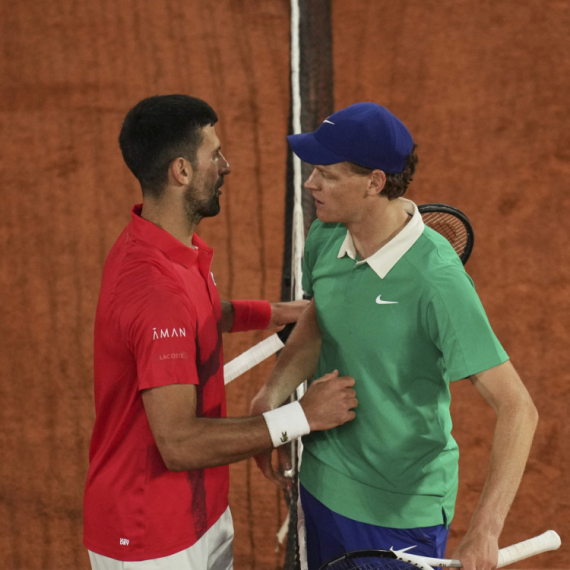Following the conclusion of Eurovision 2025, a group of Members of the European Parliament expressed concerns over possible irregularities in the voting process, calling on the European Broadcasting Union (EBU) to provide full transparency and conduct an independent audit. Suspicions arose due to unexplained discrepancies between viewer numbers and vote counts, as well as state-sponsored promotional campaigns, particularly involving the Israeli contestant. National broadcasters from several countries voiced concerns and requested access to voting data. The Eurovision director confirmed these concerns will be addressed at an upcoming meeting, as the EBU faces pressure to ensure fairness and integrity of the competition. This scandal casts a shadow over Eurovision’s credibility as a platform for uniting Europe through music and culture.
Political Perspectives:
Left: Left-leaning outlets emphasize the need for transparency and fairness in the Eurovision voting process, highlighting concerns about possible manipulation and the influence of state-sponsored campaigns. They focus on the call from MEPs for an independent audit and criticize the involvement of national governments in promoting their contestants, which they see as undermining the competition’s integrity.
Center: Centrist sources report the facts of the controversy, presenting the concerns raised by various national broadcasters and MEPs without strong editorializing. They note the official responses from the Eurovision director and the EBU’s commitment to investigate the allegations, emphasizing the importance of maintaining trust in the competition.
Right: Right-leaning media may focus on defending the Eurovision organization and the participating countries, downplaying the allegations or framing them as politically motivated attacks. They might emphasize the technical safeguards in place for voting and question the validity of the accusations, portraying the controversy as an overblown issue.



























































